Political Science (B.A.)
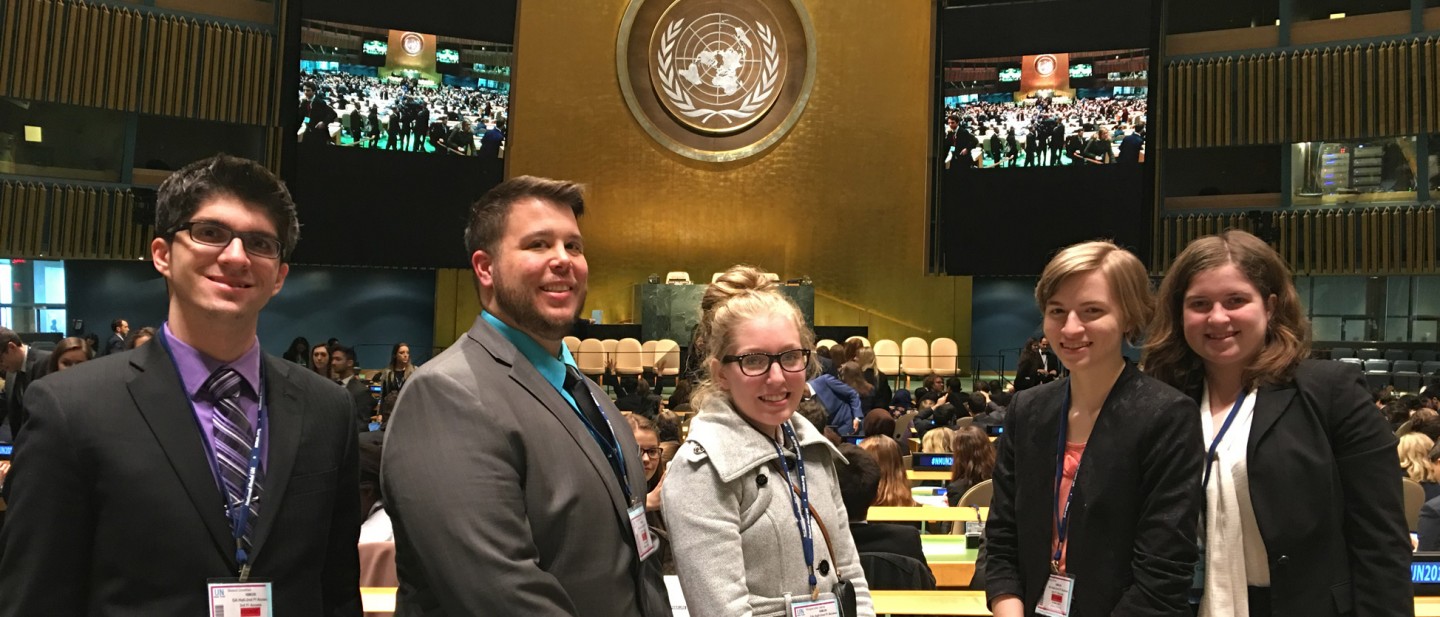
Relationships of Power: Studying Political Science at Seton Hill
To study politics is to analyze power, and relationships of power, between humans and the governments or organizations that they create. As a student in the Political Science Program at Seton Hill, you will learn about power relationships between local, state and national governments; between and among international organizations; and among corporations in our global political system. You will take courses in the four subfields of political science:
- American government
- Comparative politics
- International relations/global politics
- Political philosophy
Faculty
Seton Hill’s political science courses are taught by dedicated faculty who encourage critical thinking and who will help you build the strong analytical and policy-analysis skills that will keep you competitive in the workplace, including:
- Research design & implementation
- Data analysis
- Policy analysis
- Communication
- Diplomacy & negotiation
Careers in Political Science
According to the U.S. Bureau of Labor Statistics, the median pay for political scientists in 2019 was more than $122,000 per year. (Keep in mind that most political scientists earn advanced degrees.) A degree in political science can also lead to careers in:
- Government
- Business & finance
- Public administration
- International affairs
- Nonprofits & nongovernmental organizations
- Academic research & teaching
- Law
If you are interested in exploring a career in law, Seton Hill also offers a B.A. in Prelaw - Political Science.
Seton Hill’s Career and Professional Development Center (CPDC) will work with you, your professors, and local, regional and national employers to provide you with the career preparation skills, internship opportunities and placement services you need to keep you moving up.
Why Political Science at Seton Hill?
As a political science major at Seton Hill, you will enjoy a variety of unique experiences, including:
Model U.N.
Seton Hill students participate in the Model United Nations held each spring at the United Nations Headquarters in New York City. In this simulation of the United Nations, college students practice diplomacy, communication, negotiation, research and writing skills. The experience lasts four days and mirrors the United Nations committees that meet in New York every fall to collaborate and coordinate over issues of international concern.
Alpha Lambda Eta Chapter of the National Political Science Honor Society
Alpha Lambda Eta is the Seton Hill chapter of the Pi Sigma Alpha National Political Science Honor Society. Students who successfully meet the requirements of the honors society enjoy membership benefits, internship opportunities and invitations to attend and present research at the National Political Science Honors Society Conference.
Study in Washington, D.C.
Seton Hill political science majors can earn college credit and enjoy a singular opportunity to gain an insider’s understanding of the American political system through The Washington Center’s Inside Washington Program.
Internships
A requirement of the political science major is an internship providing hands-on experience in a political science career. We will support you in finding an internship with a government agency, international or nonprofit organization, law enforcement or public service field.
University of Pittsburgh GSPIA Early Assurance Partnership Program
Through Seton Hill’s Early Assurance Partnership Program with the Graduate School of Public & International Affairs (GSPIA) at the University of Pittsburgh, majors in Seton Hill’s Political Science and Global Studies Programs are eligible to apply to GSPIA a year early, as college juniors, and receive conditional admission (with a scholarship guarantee) pending their completion of a bachelor's degree.
Admissions & Aid
At Seton Hill University, we offer streamlined admissions requirements and a comprehensive aid program.
Loading...
Ready to Take Your Next Step Forward?
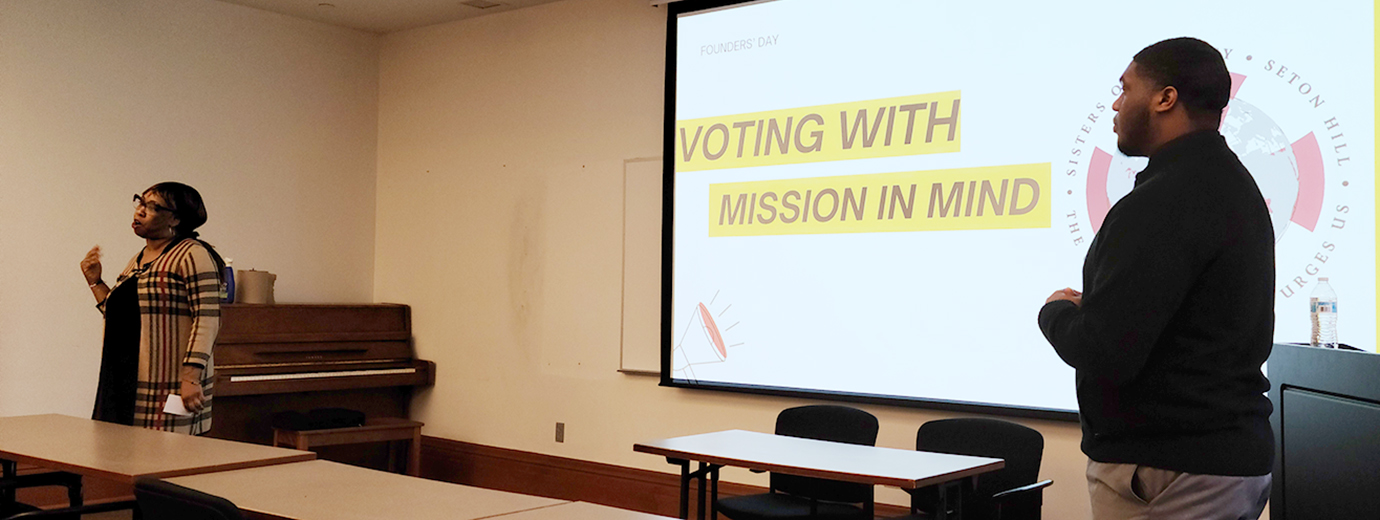
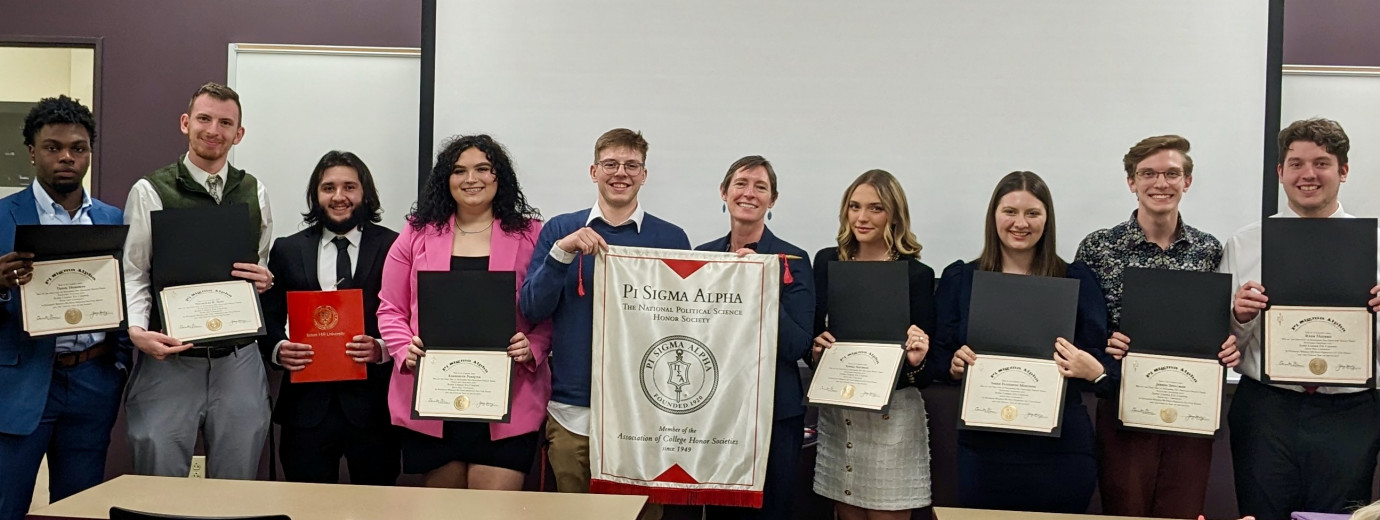
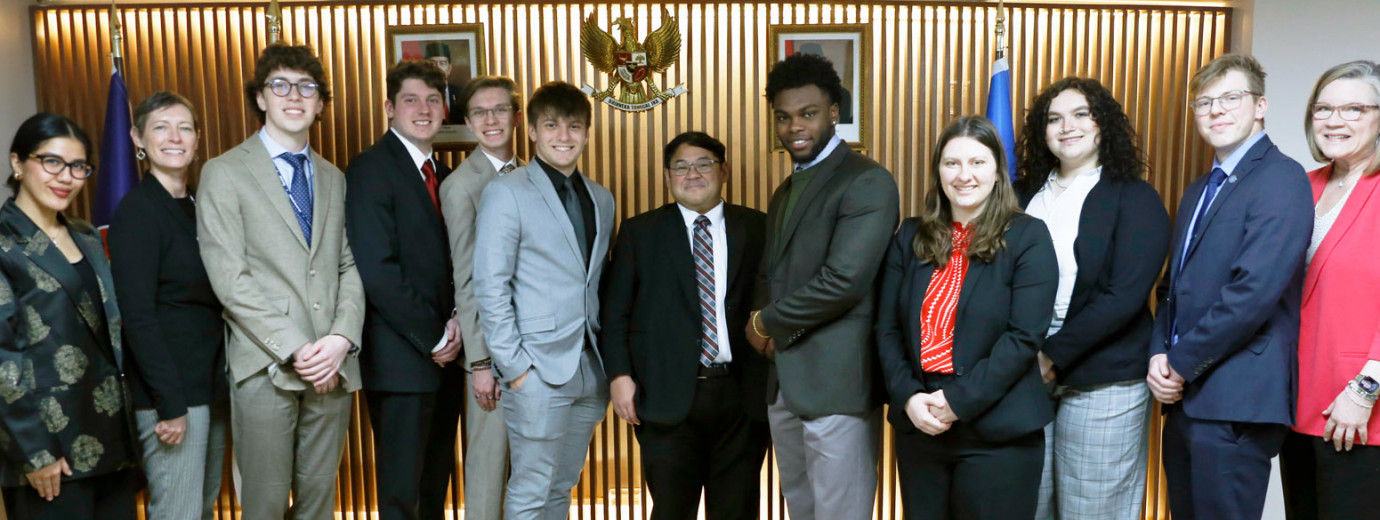
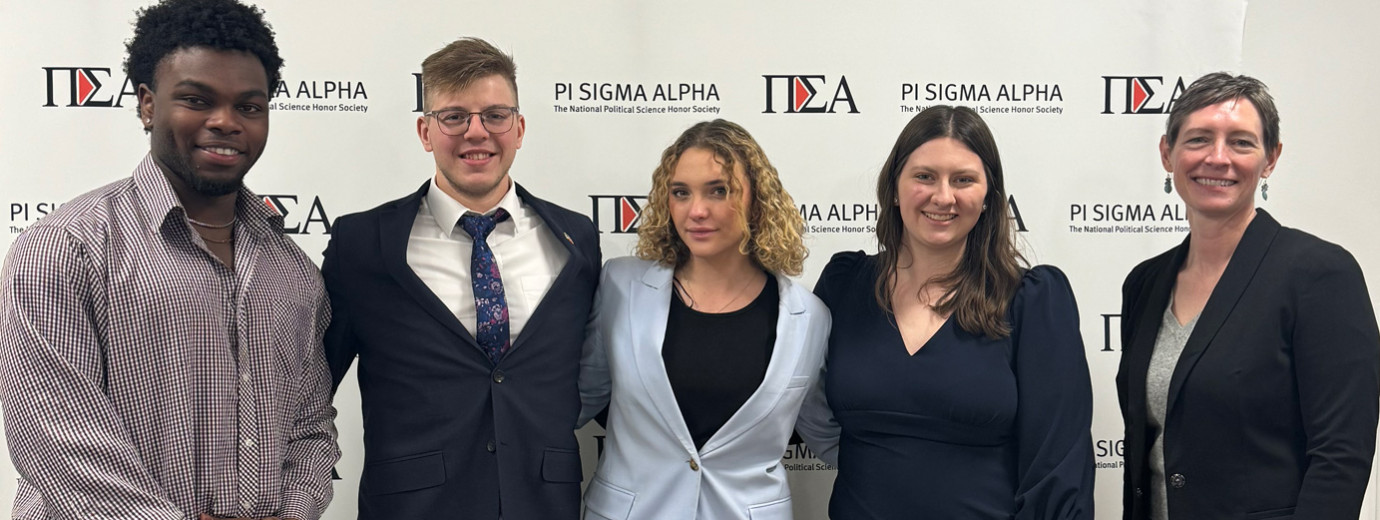



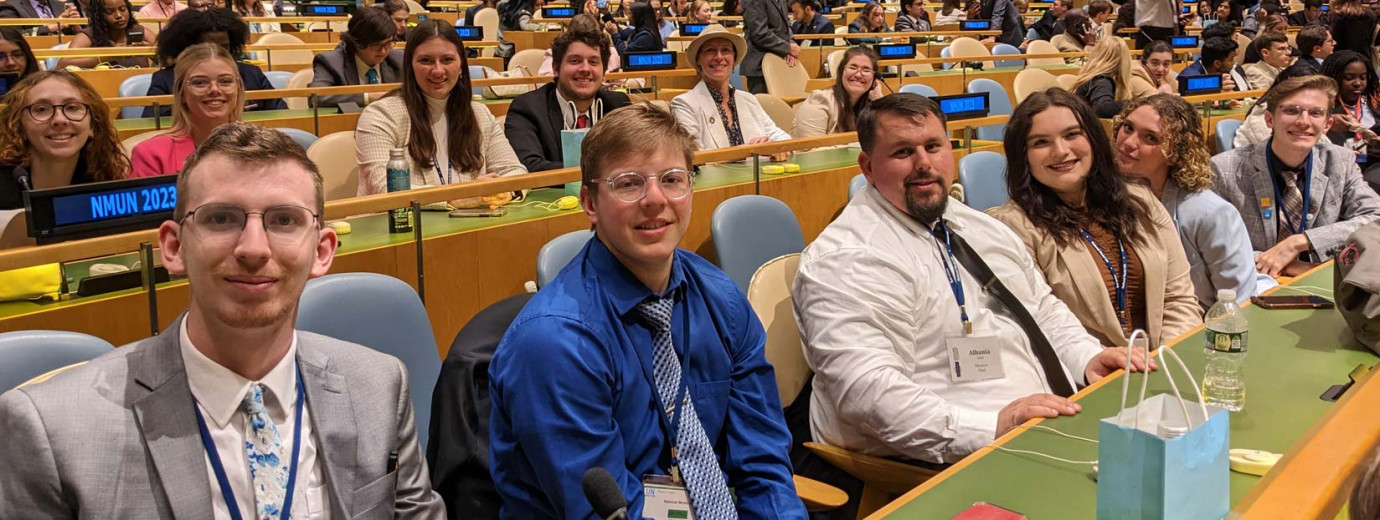
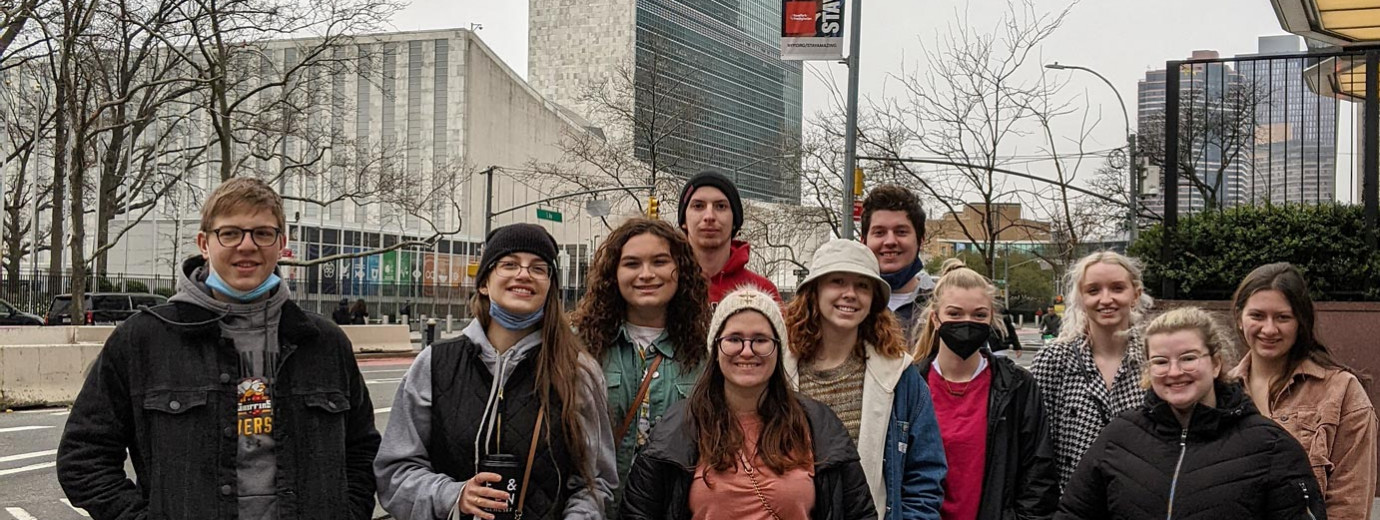
Faculty

Ramon Lopez. Ph.D.
Assistant Professor of Political Science
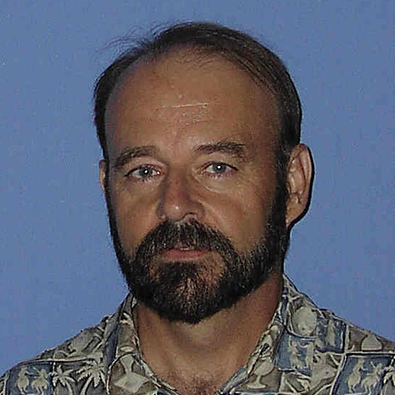
Michael Cary
Professor of History and Political Science

Peter Flanigan
Adjunct Faculty, Political Science & Business